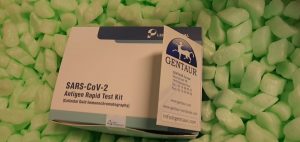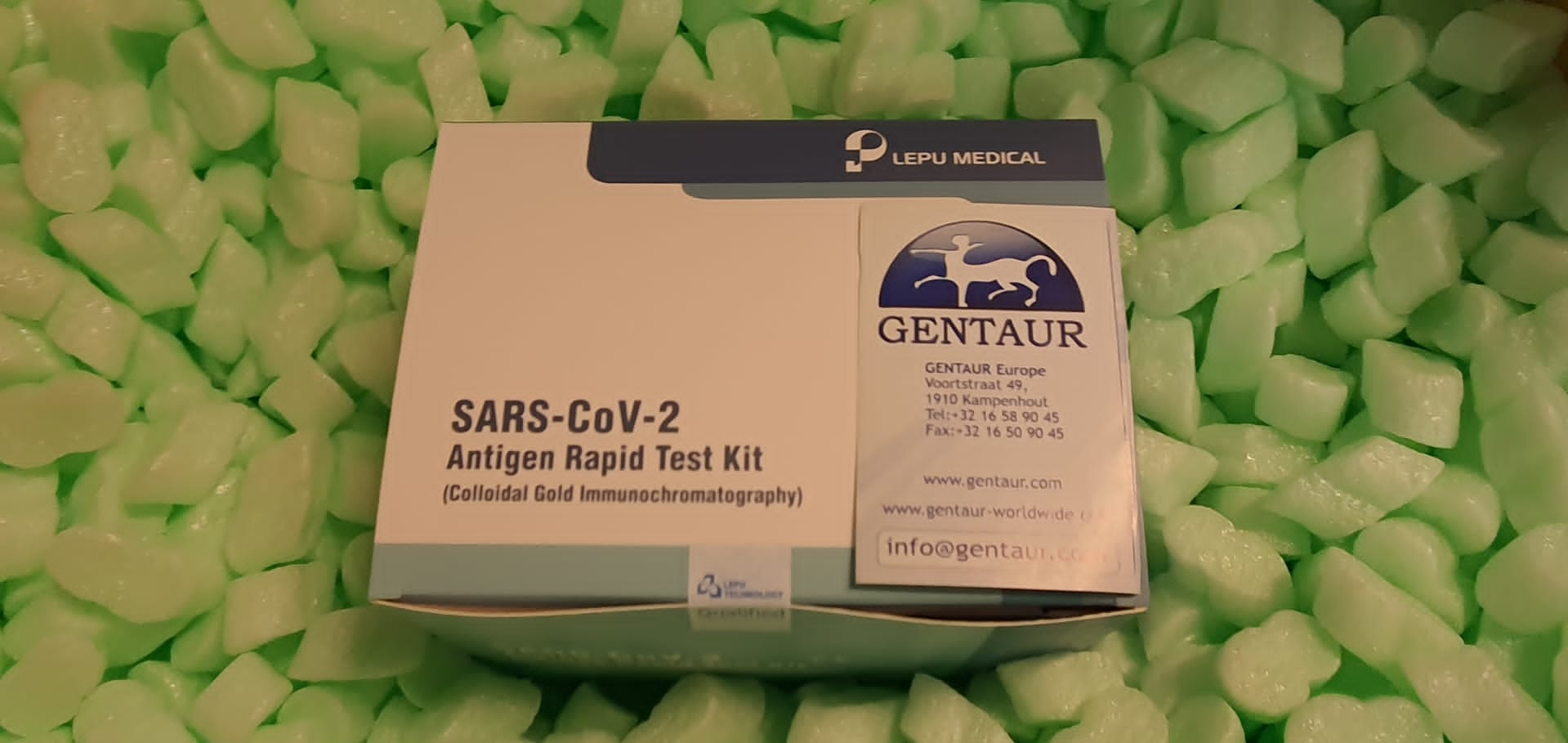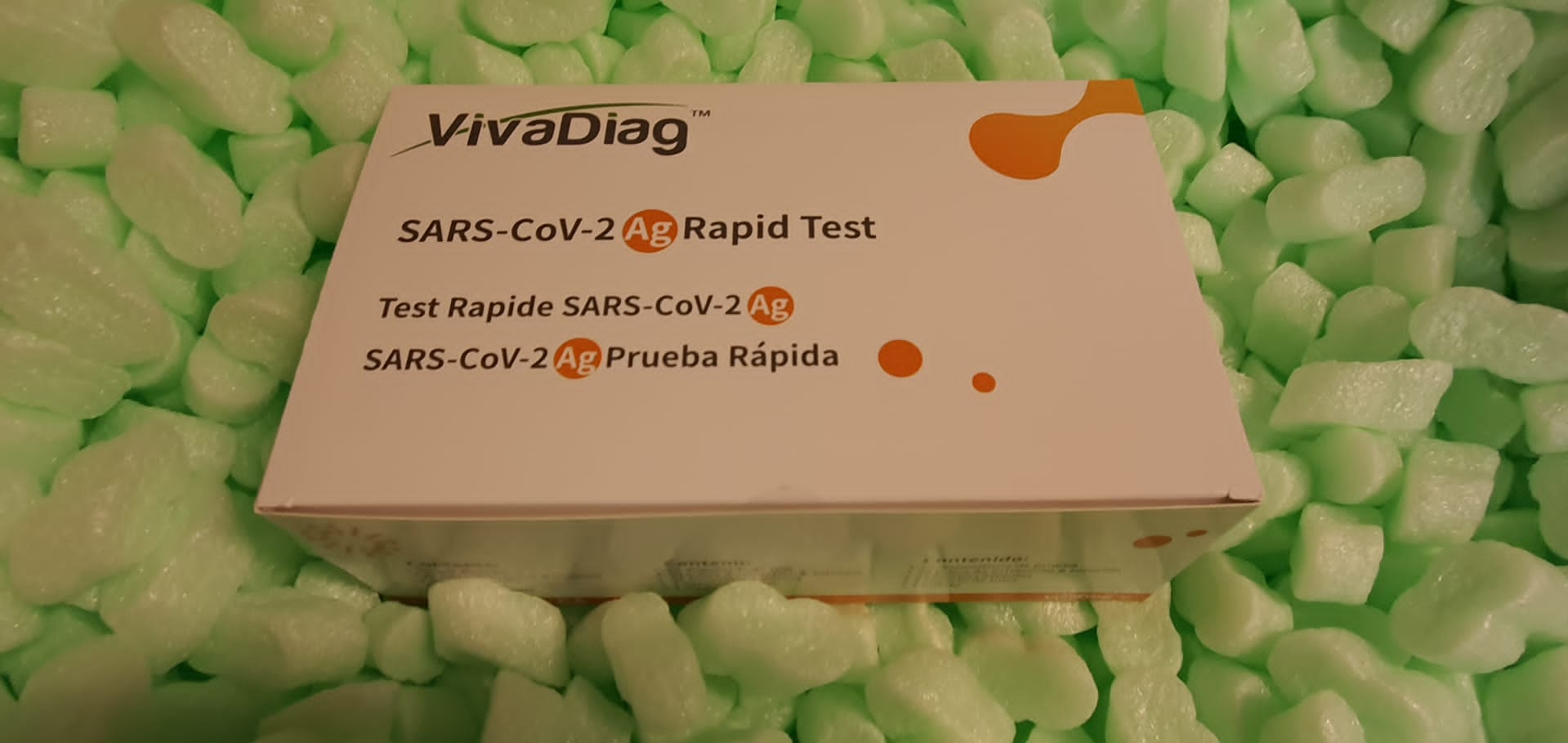The Center East respiratory syndrome coronavirus (MERS-CoV) was recognized in 2012 and causes extreme and infrequently deadly acute respiratory sickness in people. No authorized prophylactic and therapeutic interventions are at present accessible. On this examine, we’ve developed egg yolk antibodies (immunoglobulin Y (IgY)) particular for MERS-CoV spike protein (S1) with a view to consider their neutralizing effectivity in opposition to MERS-CoV an infection. S1-specific immunoglobulins had been produced by injecting chickens with purified recombinant S1 protein of MERS-CoV at a excessive titer (5.7 mg/mL egg yolk) at week 7 put up immunization. Western blotting and immune-dot blot assays demonstrated that the IgY antibody particularly certain to the MERS-CoV S1 protein. Anti-S1 antibodies had been additionally capable of acknowledge MERS-COV inside cells, as demonstrated by an immunofluorescence assay.
Plaque discount and microneutralization assays confirmed the neutralization of MERS-COV in Vero cells by anti-S1 IgY antibodies and non-significantly diminished virus titers within the lungs of MERS-CoV-infected mice throughout early an infection, with a nonsignificant lower in weight reduction. Nevertheless, a statistically vital (p = 0.0196) quantitative discount in viral antigen expression and marked discount in irritation had been noticed in lung tissue. Collectively, our knowledge recommend that the anti-MERS-CoV S1 IgY may function a possible candidate for the passive remedy of MERS-CoV an infection.
Spartalizumab is a humanized IgG4κ monoclonal antibody that binds programmed death-1 (PD-1) and blocks its interplay with PD-L1 and PD-L2. This part 1/2 examine was designed to evaluate the security, pharmacokinetics, and preliminary efficacy of spartalizumab in sufferers with superior or metastatic strong tumors.Within the part 1 a part of the examine, 58 sufferers acquired spartalizumab, intravenously, at doses of 1, 3, or 10 mg/kg, administered each 2 weeks (Q2W), or Three or 5 mg/kg each four weeks (Q4W).
Sufferers had a variety of tumor sorts, mostly sarcoma (28%) and metastatic renal cell carcinoma (10%); different tumor sorts had been reported in ≤Three sufferers every. Most sufferers (93%) had acquired prior antineoplastic remedy (median three prior strains) and two-thirds of the inhabitants had tumor biopsies destructive for PD-L1 expression at baseline. The utmost tolerated dose was not reached. The really useful part 2 doses had been chosen as 400 mg Q4W or 300 mg Q3W.
Absolutely automated dried blood spot pattern dealing with and extraction for serological testing of human anti-SARS-COV-2 antibodies
Firstly of 2020, an outbreak of extreme acute respiratory syndrome coronavirus 2 (SARS-CoV-2) reached pandemic dimensions. All through the occasion diagnostic assessments perform as a necessary instrument for understanding, mitigating and implement methods to curb and receduce infections. Right here, we current a novel methodology for the totally automated dried blood spot (DBS) pattern dealing with and extraction for serological testing of human IgG antibodies in opposition to SARS-CoV-2 utilizing a business ELISA testing equipment.
This proof-of-principle pilot examine efficiently demonstrates the restoration of antibodies of their intact type from DBS utilizing automated, direct pattern elution inside 100 μL of extraction buffer. The usage of minimally invasive DBS sampling supplies a substitute for present analytical procedures corresponding to sampling by venipuncture or nasal swabs. Because of the ease of DBS assortment, no third occasion want be concerned, making at-home sampling attainable(e.g. throughout quarantine).
4C3 Human Monoclonal Antibody: A Proof of Idea for Non-pathogenic Proteinase 3 Anti-neutrophil Cytoplasmic Antibodies in Granulomatosis With Polyangiitis
Granulomatosis with polyangiitis (GPA) is a extreme autoimmune vasculitis related to the presence of anti-neutrophil cytoplasmic antibodies (ANCA) primarily focusing on proteinase 3 (PR3), a neutrophilic serine proteinase. PR3-ANCA binding to membrane-bound PR3 on neutrophils induce their auto-immune activation liable for vascular lesions. Nevertheless, the correlation between PR3-ANCA stage and illness exercise stays inconsistent, suggesting the existence of non-pathogenic PR3-ANCA.
In an effort to show their existence, we immortalized B lymphocytes from blood samples of GPA sufferers in remission having persistent PR3-ANCA to isolate non-activating PR3-ANCA. We obtained for the primary time a non-activating human IgG1κ anti-PR3 monoclonal antibody (mAb) named 4C3. This new mAb binds soluble PR3 with a excessive affinity and membrane-bound PR3 on an epitope near the PR3 hydrophobic patch and within the neighborhood of the lively web site. 4C3 is ready to bind FcγRIIA and FcγRIIIB and has a G2F glycosylation profile on asparagine 297.
4C3 didn’t induce activation of neutrophils and will inhibit human polyclonal PR3-ANCA-induced activation suggesting that 4C3 is non-pathogenic. This attribute depends on the acknowledged epitope on PR3 reasonably than to the Fc portion properties. The existence of non-pathogenic PR3-ANCA, which don’t activate neutrophils, may clarify the persistence of excessive PR3-ANCA ranges in some GPA sufferers in remission and why PR3-ANCA wouldn’t predict relapse. Lastly, these outcomes provide promising views significantly concerning the understanding of PR3-ANCA pathogenicity and the event of latest diagnostic and therapeutic methods in GPA.
Regardless of the decrease binding affinity and T1/2 in comparison with pembrolizumab, ligand blocking knowledge indicated muDX400 had applicable pharmacological exercise and demonstrated efficacy in mouse tumor fashions, thus was appropriate for pharmacodynamic and vaccination research in mice. In a vaccination examine through which mice had been concomitantly administered muDX400 and the Hepatitis B vaccine, muDX400 was well-tolerated and didn’t lead to any immune-mediated adversarial results. The remedy with muDX400 was related to a shift within the ratio between naive and reminiscence cells in each CD4+ and CD8+ T-lymphocytes within the spleen however didn’t have an effect on anti-HBsAg antibody response profile.
The mouse TDAR mannequin utilizing the Hepatitis B vaccine and the surrogate anti-PD1 monoclonal antibody was a great tool within the analysis of the potential immune-mediated results of pembrolizumab following vaccination and seems to be an acceptable different for the nonhuman primate TDAR fashions utilized for different checkpoint inhibitors.




